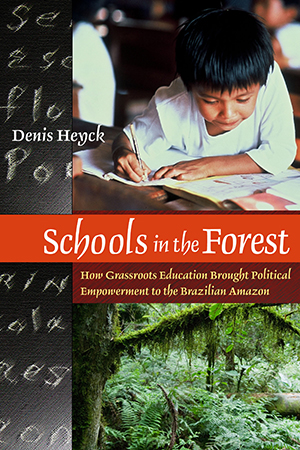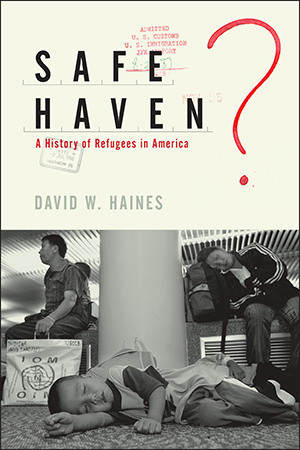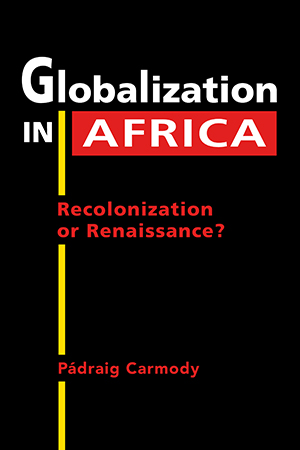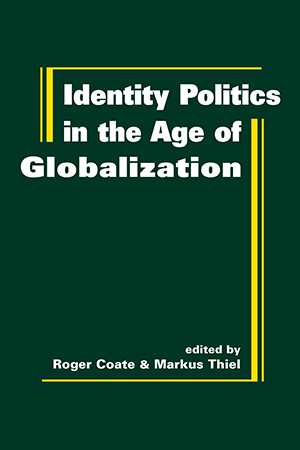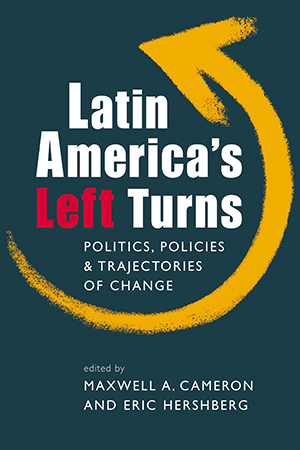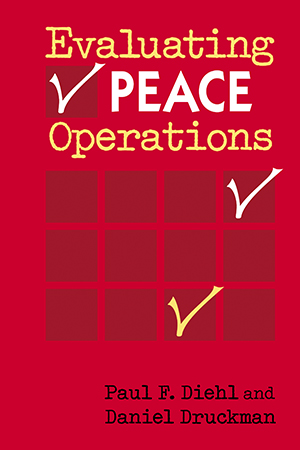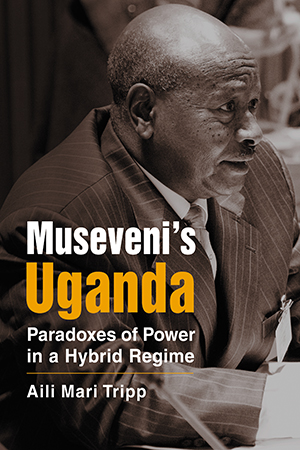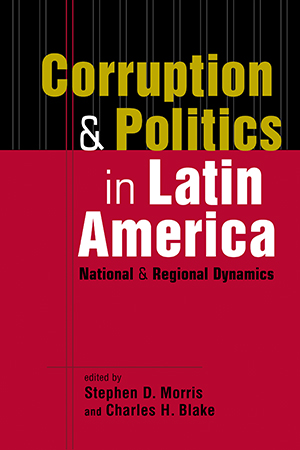BOOKS
ForeWord Magazine's Reference Book of the Year! The three-volume Encyclopedia of the Israeli-Palestinian Conflict is the first authoritative reference source to provide comprehensive, More >
Drawing on the experience of Projecto Seringueiro (Project Rubber Tapper), Denis Heyck reveals how a radical education experiment designed simply to bring literacy to rubber tappers in More >
In his masterful study of the relationship between refugees and the United States, covering seven decades of immigration history, David Haines shows how both the refugees and their new More >
Is globalization good for Africa? Pádraig Carmody explores the evolving nature and impact of globalization throughout the continent, as China, the US, and other economic powers exert More >
Despite the homogenizing effect of globalization, identity politics have gained significance—numerous groups have achieved political goals and gained recognition based on, for example, More >
Henry Bernstein argues that class dynamics should be the starting point of any analysis of agrarian change. Providing an accessible introduction to agrarian political economy, he shows More >
This accessible look at Latin American politics explores how—and to what effect—diverse forces on the left have not only captured the imagination of vast swathes of the More >
Winner of the International Association for Conflict Management's Outstanding Book Award, 2012! There has been a great deal written on why peace operations succeed or fail.... But how More >
Aili Mari Tripp takes a close, clear-sighted look at Ugandan politics since 1986, when Yoweri Museveni became the country's president. Museveni's exercise of power has been More >
Does corruption grease the wheels of Latin American politics, facilitating its operation? Or does it undermine democratic rule and worsen the perennial problems of poverty and inequality. Do More >




